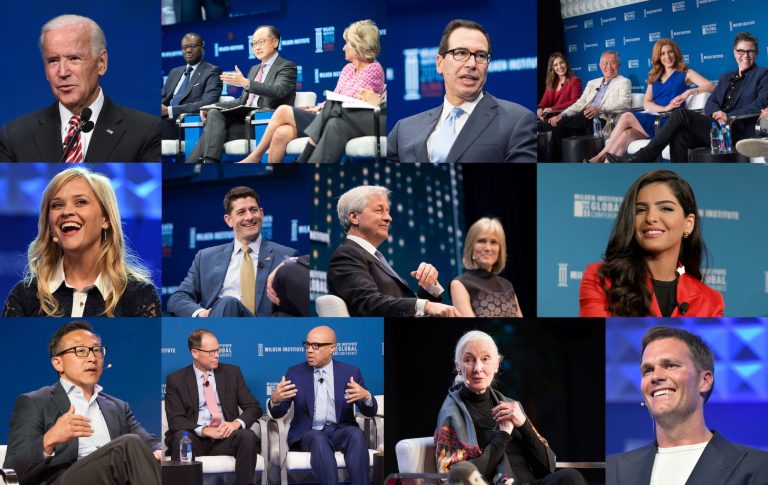WELCOME
Is the European Union a global economic power?
A Concise Guide for Female Investors
My dear Friends,
unless you live in a European Union country, and even then, you probably know very little about European Union.
However, as female investors, we should have some knowledge of how the European Union works. How many member states are there? What is an affiliate state? How does this economic entity make its decisions? Does the EU influence the world economy? Is Europe a state?
Female investors need these questions answered because knowledge is vital to making informed investment decisions!
Without further ado-here, it is, your concise guide!
Figures
More Facts
“In varietate concordia “
“United in Diversity” Motto of the European Union
Some history
The idea of a unified Europe is a very old one. However, the purpose of having a united Europe has changed over the centuries.
Charlemagne or Charles the Great(747-814 CE), a Franconian king and Napoleon I (1769-1821 CE), a French Emperor, played with the idea of a united Europe. However, their respective mottos differed greatly from today’s idea of a united Europe.
Lasting peace
Several wars later – particularly after WWI and WW2, the idea of lasting peace through economic collaboration began to take shape.
In 1949 the Council of Europe was established. 10 European countries are committed to upholding democracy, adhering to the charter of human rights and upholding the rule of law.
In 1950 Robert Schuman, the French foreign minister, and Konrad Adenauer, the German Chancellor, formed a supranational organisation that would guarantee its members access to steel and coal without paying duty.
A novelty was, having one supranational administration in charge of setting the rules for the mining and steel industry in all member states.
Schuman argued that lasting peace in Europe could only be achieved by communising all industries vital for war, mainly steel and coal, at that time.
In 1951 Belgium, Germany(West), France, Italy, Luxemburg and the Netherland signed the contract in Paris, and the so-called “European Coal and Steel Community” (ECSC) was born.
In 1957 the ten members of the “European Coal and Steel Community” agreed to also cooperate in other parts of their economies and signed a contract in Rome. The European Economic Union(EEC)was established. The treaty’s common market reforms did not extend to agriculture, and this was due to Frances’s objection.
By the 1960ies, the EEC began to operate more internationally. During the 1970ies. Denmark, Ireland and Great Britain join the EEC.
free movement
During the 1980ies, the communist system collapsed. Throughout the 1990ies, 15 new members were admitted. Always, however, with strong opposition from one member country or the other. This huge expansion left the Union financially and politically quite strained.
The Treaty of Maastricht was signed in 1992, and the EEC became the European Union. The treaty was also the base for the common currency (Euro), a common foreign policy and the cooperation of the judiciary systems.
In 1994 the free movement of goods, people, and services becomes reality for 30 European countries. The member states and countries like Island, Liechtenstein, Switzerland and Norway had obtained preferred status.
Finland, Austria and Sweden joined in 1995s, and the Schengen agreement was implemented. Travelling and transporting goods without border control was made possible for all member countries, including the preferred status countries.
Common Currency
Preparations to establish a single currency were started in 1992. The Treaty of Maastricht describes the responsibilities of the European Central Bank (ECB), as well as of the governments and the national central banks of the Euro area countries, as regards the issue of euro banknotes and coins.
On January 1st 2002, euro banknotes and coins were circulated in 12 countries– the Euro became the common currency. The changeover from the national currencies to the Euro is the world’s largest monetary changeover ever. In this venture participated the banking sector, cash courier companies, retailers, the automated teller machine industry, professional cash handlers and the general public.
The European Union is only open to a “European” state which respects the principles of “human dignity, freedom, democracy, equality, the rule of law, and respect for human rights, including the rights of persons belonging to minorities”.
European Law
How it works?
Seven major institutions and dozens of smaller bodies make law, coordinate foreign affairs and trade, and manage a common budget.
The Council, a grouping of the EU’s top political leaders, consists of every member state’s president or prime minister. Its summits set the union’s broad direction and settled urgent high-level questions.
The EU’s primary executive body is the Commission; it wields the most day-to-day authority. It proposes laws, manages the budget, implements decisions, issues regulations, and represents the EU worldwide at summits, negotiations, and international organizations.
The European Parliament is the only directly elected EU body, with representatives apportioned by each member state’s population.
To avoid confusion, the Council of the European Union, also known as the Council of Ministers, is a second legislative branch whose approval is also needed for legislation to pass.
The EU’s highest judicial authority is the Court of Justice of the European Union (CJEU), which interprets EU law and settles disputes.
The European Central Bank (ECB) manages the euro for the nineteen countries that use the currency and implements the EU’s monetary policy. It also helps regulate the EU banking system.
The European Court of Auditors (ECA) audits the EU budget, checking that funds are properly spent and reporting any fraud to Parliament, the commission, and national governments.
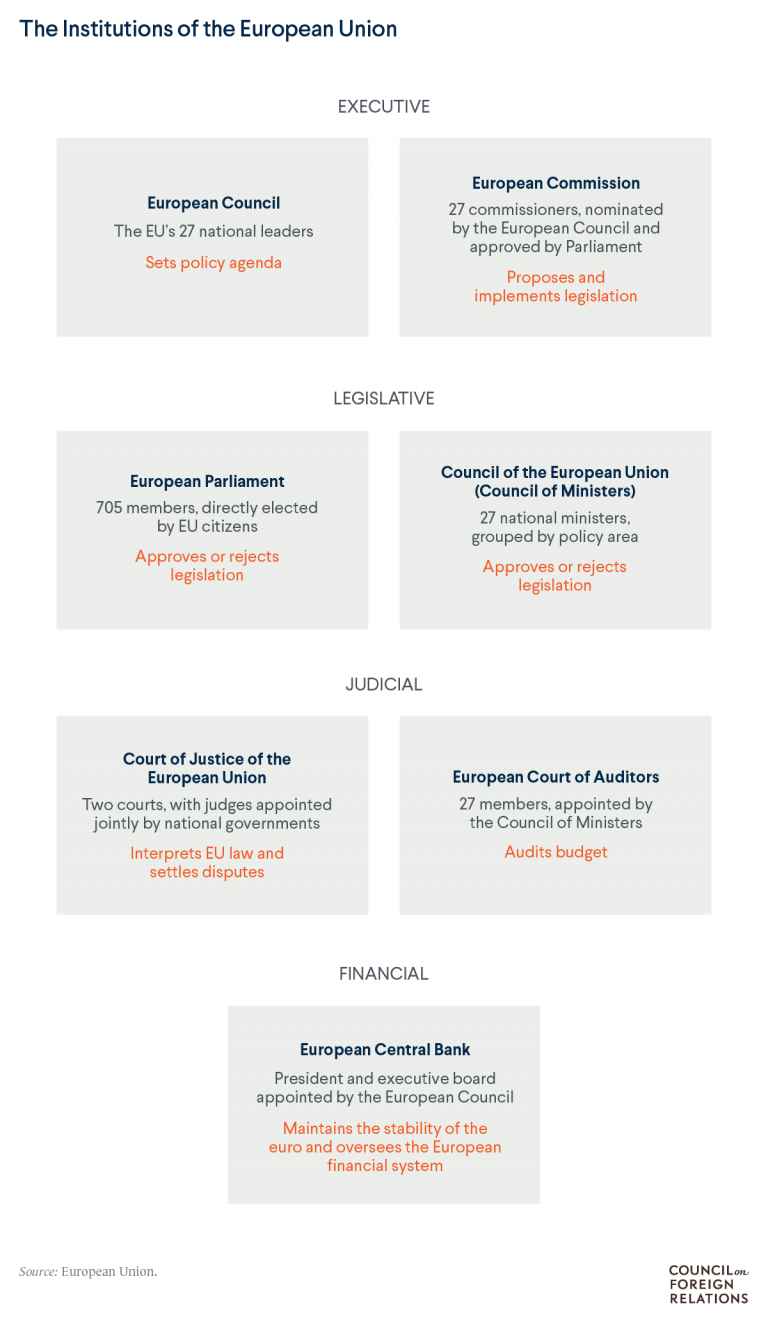
Relevance for the Global Economy
Europe is one of the world’s largest manufactured goods and services exporters. The EU is the top trading partner for 80 countries. By comparison, the US is the top trading partner for a little over 20 countries. The European Union accounts for 16% of world imports and exports.
Much like the United States, Europe is a free market economy based on the movement of capital. The economy of Europe has a GDP (Gross Domestic Product) of around 18 trillion US dollars and includes more than 700 million people in almost 50 different countries.
In the long term, businesses are optimistic about Europe as an investment destination.
Julie Linn Teigland, EY Global Leader
The European Union has a relatively open trade regime, stimulating developing relationships with various trading partners. Indeed, the EU is deeply integrated into global markets. This pattern can be expected to continue as modern transport and communication developments provide a further stimulus for producers to exchange goods (and services) around the world.
The 27 nations of the European Union and the preferred status countries, such as Switzerland, Lichtenstein, or Norway (non-members)—have a larger population than the U.S. and roughly the same gross domestic product.
Just an Idea
Let´s admit it – the idea is great. Lasting peace, a common currency, and free movement of goods and people. Furthermore, a high living standard, aligned academic degrees, sophisticated education, and high manufacturing standards.
” All countries share the same bed, but their dreams differ vastly. And this is where the problem starts”
Gabor Steingard, German Journalist
The reality, however, seems to be far more complicated. Each member state knows what they don`t want and voice this loudly. Poland thinks the EU-law system is not for them, France rather has no migrants, the Scandinavian countries don´t want new debt, and Hungary opposes and blocks everything by habit.
Apart from being united by their aversion to German dominance, it seems there is little they can truly agree on. So, it proves rather difficult to be “united in diversity”. This feeds Euroscepticism, fosters populism and discredits the EU`s standing on the global stage.
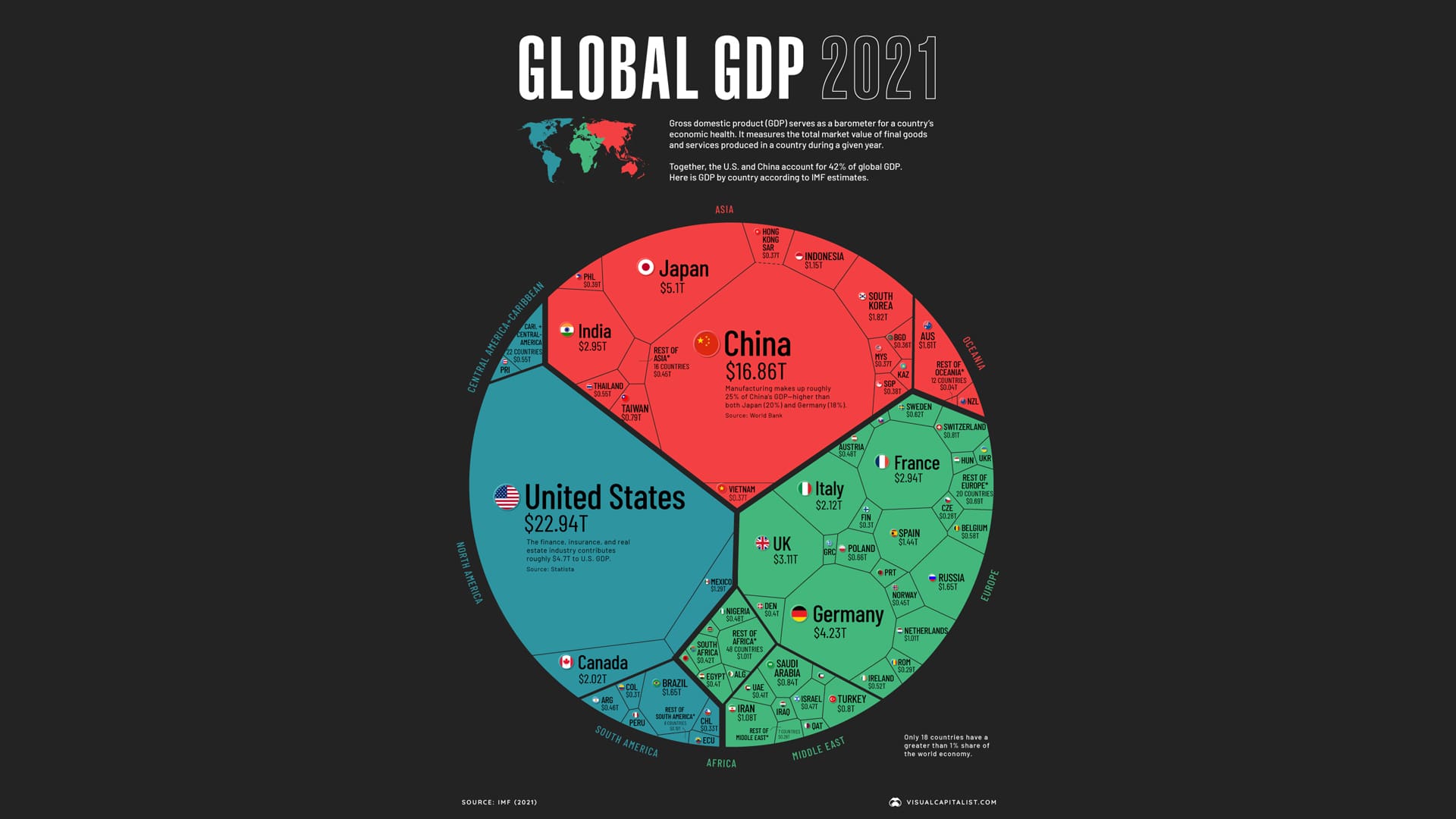
Not your father‘s Europe
As female investors, we should remember that it is no longer our father’s Europe. Its most valuable companies are those that recognize the value of brands, are well known worldwide, and are much desired.
Look at LVHM, LÓreal, Volkswagen, Votol, Astra Zeneca, Fresenius or Anheuser-Busch InBev, with share values that can compete with the likes of Coca-Cola or Walmart.
Countries like Denmark, the Netherlands, Sweden and Latvia or cities like Berlin and Paris have become hotspots for global businesses due to their innovation and technology. Stable governments, prosperous economies and a highly educated workforce are ideal breeding grounds for innovation.
Foreign investors have shunned European stocks because of domestic bias and a tendency to only look at the US markets. Investing has a lot to do with psychology, so it is hardly surprising that investors tend to prefer what’s in their backyard and what they are used to.
Poor Performance
In recent years European stock markets are said to have performed weakly. This is certainly true compared to the American stock market! However, European stock markets are less volatile and less speculative than the US markets. Most importantly, Europe‘s company valuations are far more conservative and sustainable than the US‘s
Unlike in the US, most Europeans are not stock market savvy. They never had to consider stock markets as an instrument to build wealth. So, far fewer retail investors are one explanation for the poor performance. However, the other is the almost total absence of fast-growing tech companies or unicorns. European companies prefer to grow sustainably rather than fast.
Further, Europeans are overall risk averse; the last thing the majority has in mind when thinking about their financial future is investing in the stock market. For many, the stock market is equal to gambling or black magic. A place only for the rich or gamblers.
This, however, is changing. Social security systems face increasing financing problems, and governments‘ coffers are emptied faster than they can refill. People will be forced to plan for their financial future themselves and become investors. Due to fintech, more and more people are becoming investing savvy, especially the millennial generation. So, in the long- run, European stock markets can be much more dynamic in the future!
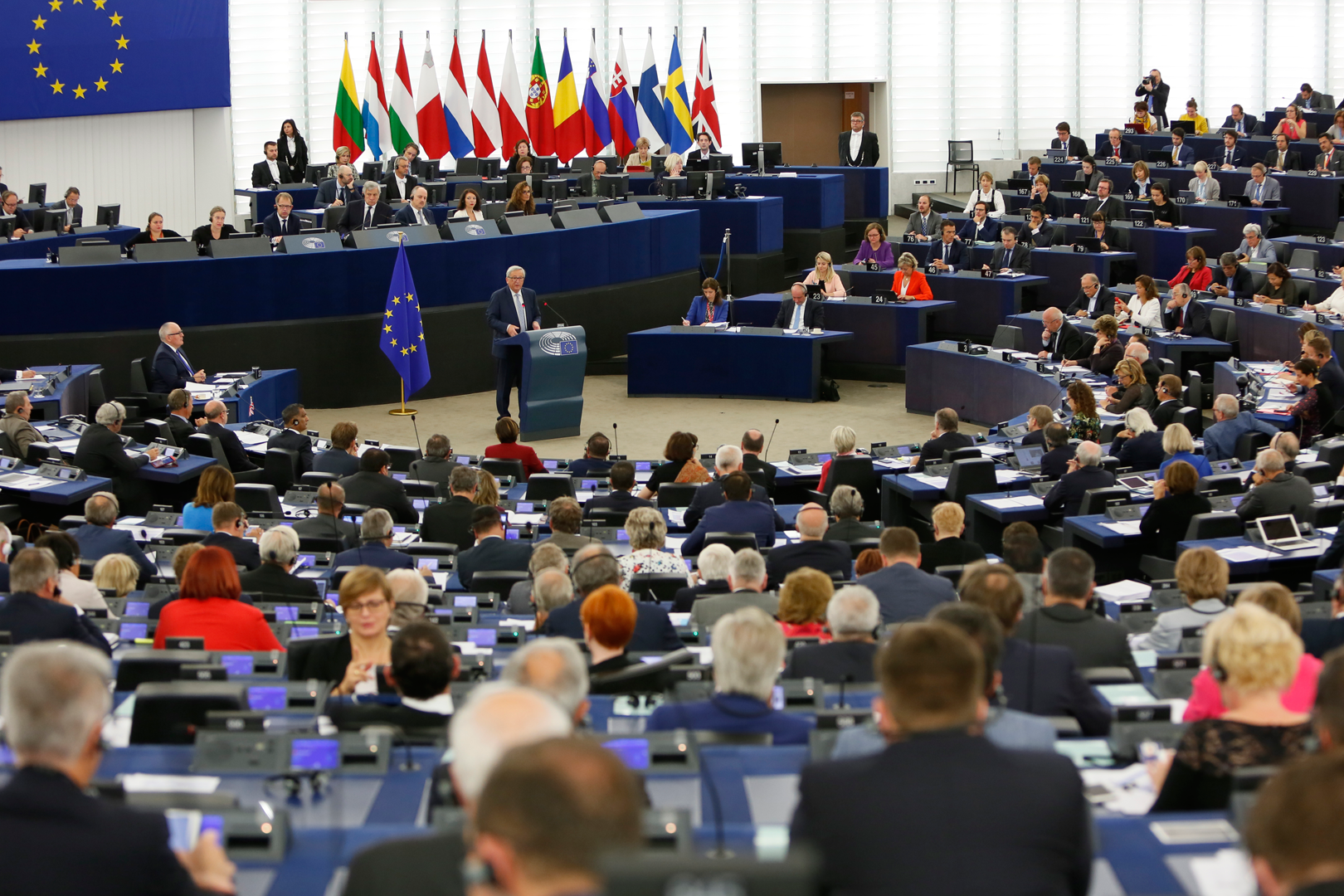
emerging superpower?
Most Europeans would laugh about this idea. As Europeans are notoriously disgruntled about and bad-mouthing the EU, this reaction is to be expected.
Academics, however, see this differently and cite several factors. The European Union’s large population, its large economy, and the growing unpopularity and perceived failures of US foreign policy.
John McCormick sees a shift in superpowers. He argues that the nature of power has changed. Power is in the hands that control the means of production rather than control of the means of destruction.
Andrew Reading states that with new members entering the EU, the population would increase and could reach the size of India. However, Europeans are more prosperous and technologically advanced than India and China.
Parag Khanna believes that “Europe is overtaking its rivals to become the world’s most successful empire.” Khanna writes that South America, East Asia, and other regions prefer to emulate the “European Dream” rather than the American variant. This could be seen in the African Union and UNASUR.
Alexander Stubb, Finnland´s ex-minister of foreign affairs, sees the Union as more critical; he thinks the EU is both a superpower and not a superpower. It certainly is the largest political union, single market and aid donor in the world, it is, however, not a superpower in the defence or foreign policy spheres.
Like Barry Buzan, Alexander Stubb thinks that the major factor constraining the EU’s rise to superpower status is its lack of statehood in the international system; other factors are its lack of internal drive to project power worldwide and continued preference for the sovereign nation-state among some Europeans.
Female investor Forcast
What does the future hold for foreign investment in Europe? Europe´s economies were well on their way to recovery from the Covid-19 pandemic, and at the beginning of 2022, Goldman Sachs saw sustainable opportunities for investors.
Has this changed? It can not be denied that the war in Ukraine sends ripples through European businesses. EY and Goldman Sachs concluded that the ripple effects would likely continue into the medium and long term, joining other long-term trends also at play.
It is a fact that all businesses with a presence in Europe feel the ripple effect, whether that be escalating costs of energy and commodities, sanctions of clients and partners, or more pronounced undercurrents of social tension.
Businesses adopt new technology and prepare for gas shortages at breakneck speed. Consumers, employees, investors and regulators put more and more pressure on businesses to address climate change and other societal challenges (Taxonomy). It’s no exaggeration to say that businesses face a more complex and rapidly evolving set of challenges than ever before- this, however, can be a unique chance with plenty of opportunities for female investors.
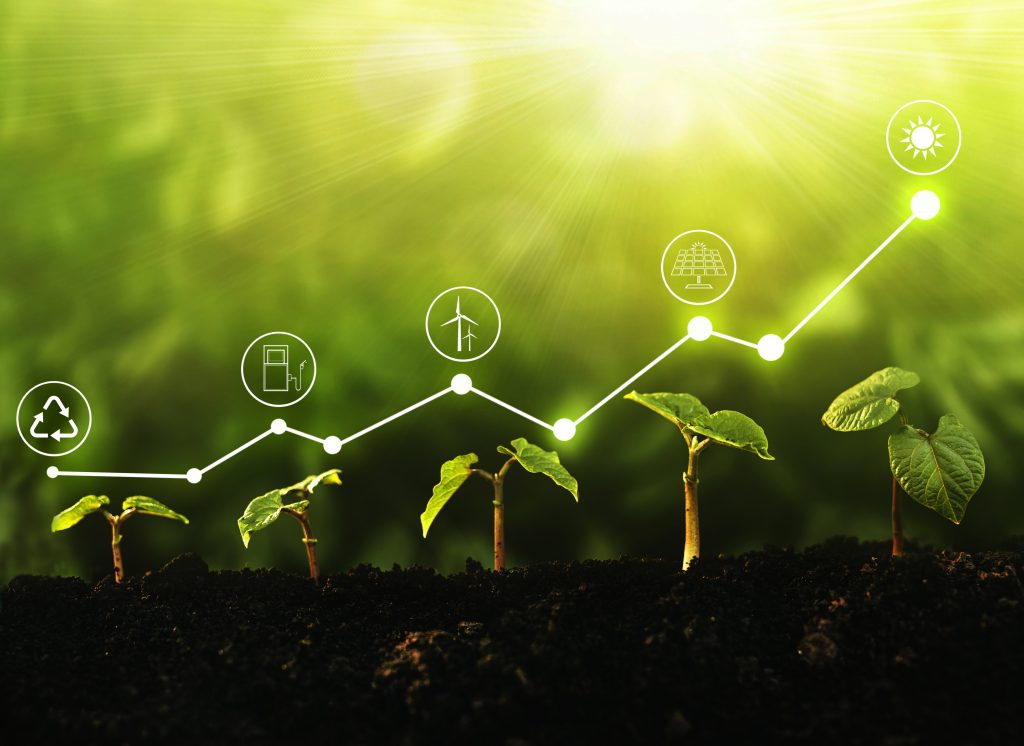
Sustainable Investments
The EU Taxonomy is a key instrument for the European Union to redirect capital flows toward sustainable investments and to create market transparency. It encourages increased channelling of investments by companies, investors and policymakers to where they are most needed for sustainable development.
It will take €10 trillion of investment by 2050 for Europe to transform its energy infrastructure, according to Goldman Sachs’ Carbonomics framework. That amounts to around €350 billion annually, around 2% of gross domestic product by 2030.
Technological and green innovation is powering the agenda for investors in Europe.
Hanne Jesca Bax, EY EMEIA Markets & Accounts Leader
Awave of policy actions by the European Union in recent years has given investors a major role to play in the bloc’s transition to a sustainable economy. Emerging policies, laws and tools paved the way for investors’ wider pursuit of sustainability impact goals.
EY research shows that despite the compounding complexity, Europe remains an attractive foreign investment destination in the longer term.
Member states benefit from a huge domestic market and a world eager to buy products from the “old world”, from cheese and perfume to cars and heavy machinery.
watchdog‘s List
The EU has achieved a strong position by acting together with one voice on the global economic stage, rather than with separate trade strategies. Europe has become deeply integrated into global markets.
So, generally speaking, investment opportunities in the EU‘s economy are certainly worth investigating. As always, investment decisions should only be made by being well informed on current developments.
There are some current problems like the war in Ukraine, the dependency on Russian gas and oil, a change in Italien‘s government, high inflation (not as bad as the US), a debt crisis and many other issues other countries in the world grapple with. Multiple economic and ecological changes are happening in Europe, which can be a unique chance for savvy investors.
An EY study shows that despite the compounding complexity, Europe remains an attractive foreign investment destination in the longer term.
But as always, investors need to make their checklist. There are issues the European Union grapples with that will need careful watching.
The female investor’s watchlist
The Verdict
Overall the European Union‘s original idea of creating a lasting peace through economic cooperation is brilliant.
Is the EU a superpower? I would say it is the third biggest economy in the world, that means something. But as the EU neither has real political nor military unity and thus zero power in that respect. So no, it is no superpower.
Should female investors show more interest in European investment opportunities? Definitely! Europe´s economy is very sustainable, despite its current hiccups. It is a huge market with a high standard of living, excellent education and highly effective vocational training. We need to break old investing habits and shift our mindset – it would be a pity to miss a good opportunity!
At the end of the day, no matter what the European Union’s daily squabbles are, in a crisis, they pull together- as we have seen just now regarding the Ukraine conflict.
The European Union might not have star-studded, highly overvalued Tech companies, but traditional companies that are still around a century later, sustainable business models and plenty of innovative power. I should not leave this unmentioned the first that produced a Covid-19 vaccine was Pfizer in cooperation with Biontech. Pfizer was founded by the German Chemist Karl Pfizer in Brooklyn in 1849. Biontech, is a German(Mainz) Biotech company.
So, my dear Ladies, Europe is worth adding to your agenda not just for your next holiday but for investing.




